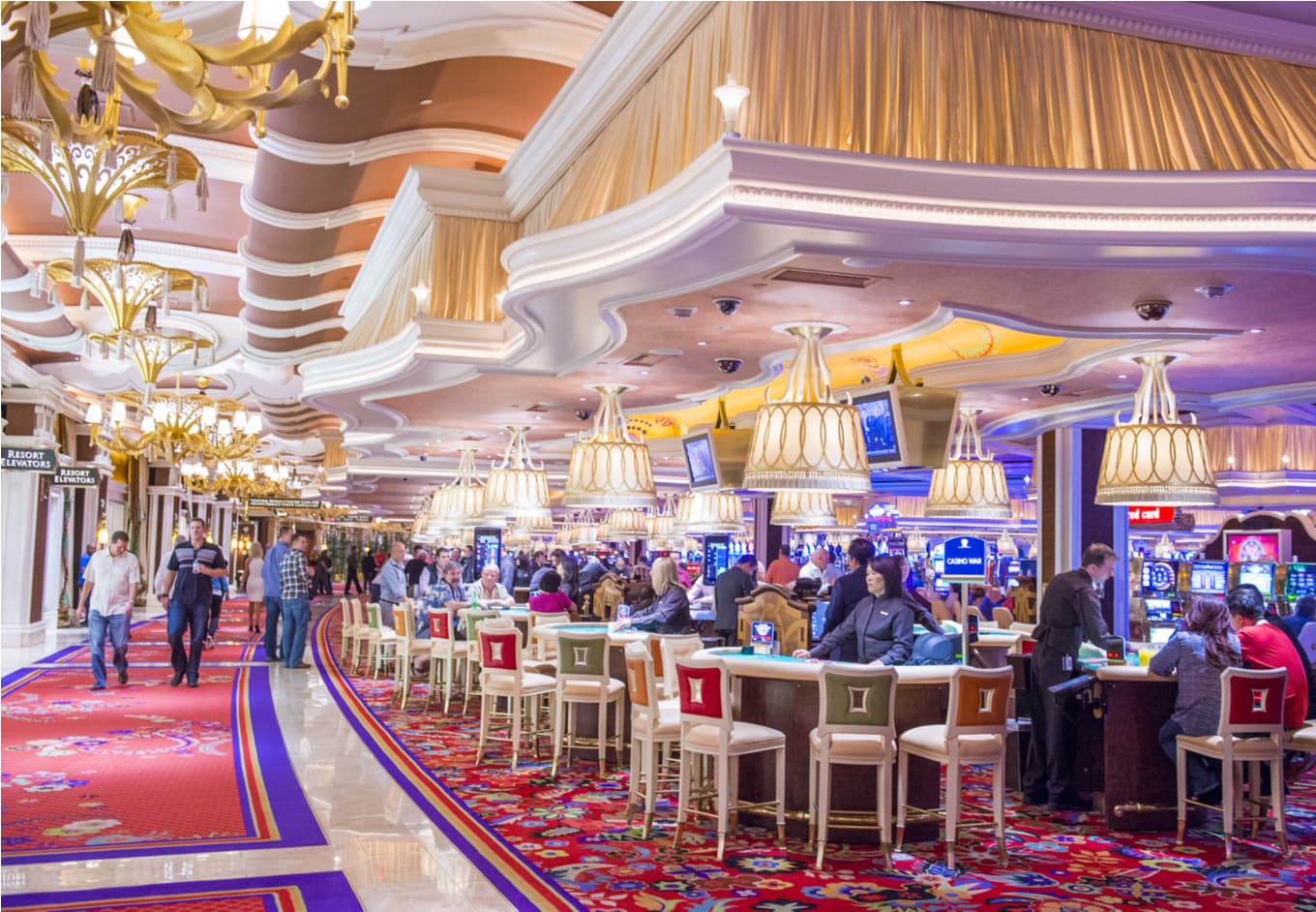In the world of gambling, where chance and strategy converge, a unique tapestry of beliefs manifests—one that braids luck, fate, and the enigmatic nature of casino games. Casinos, bustling with excitement and anticipation, are not just places for placing bets; they are also arenas where superstitions thrive. From the novice player to the seasoned gambler, these mysterious practices often shape how individuals approach the games they play, holding the belief that their actions can influence the outcome in ways that go beyond mere probability.
When players gather around roulette wheels, blackjack tables, and slot machines, the atmosphere is thick with stories of lucky charms, rituals, and codified behavior that defy logic yet provide a sense of comfort. Whether it’s wearing a specific outfit, following a particular sequence of bets, or even avoiding certain numbers, the attachment to various superstitions reflects a deep-rooted desire to manipulate the uncontrollable. This article delves into the captivating world of casino game superstitions, examining the beliefs that both entertain and mystify those who dare to play.
Historical Origins of Superstitions
Gambling activities have long been connected with an host of superstitions that go back to primitive societies. 6789 The roots of these beliefs can be linked to humanity’s innate need to influence the random outcomes connected with luck and chance. In primitive civilizations, games of uncertainty were often linked to spiritual practices. Players would invoke aid or ask for favor from spirits, believing that their actions could influence the odds in their advantage. This groundwork laid the foundation for the multitude of superstitions that spread as betting evolved over time.
During the medieval age, betting became a popular pastime across Europe, and with it, a rich tapestry of superstitions appeared. Players adopted numerous rituals and charms, believing they could influence the outcome of games. The value of digits, in particular, emerged to manifest in superstitions around card games and dice. The number 7 was often considered favorable, while other numbers carried negative connotations. These beliefs mirrored the social contexts of the time, evolving as they moved through generations and adapted to different gaming environments.
As gambling houses developed in the 1600s, particularly in Italy and the French nation, the atmosphere surrounding gambling became imbued in mystery. The growing accessibility of casino games allowed for the spread and diversification of superstitions among players. Concepts like charmed charms, designated seating locations, and rituals gained importance, creating a distinct culture within betting houses. As these customs continued to thrive, they became essential to the essence of gambling activities, illustrating how the past and culture shape the belief systems that influence how participants interact with fortune.
Widespread Gambling Myths
Superstitions surrounding gambling games are plentiful and diverse, reflecting the hopes and anxieties of players as they engage in random activities. One of the most prevalent beliefs is that certain digits bring luck or bad luck. For example, the number seven is often seen as a lucky digit, frequently embraced by players looking for a positive outcome. Conversely, the digit thirteen is routinely considered cursed, leading many players to steer clear of it during their gaming periods.
Another frequent superstition relates to rituals that gamblers believe can affect their chances. It could be blowing gently on the dice before a throw, using a specific gesture to place a wager, or even putting on specific items of clothing, many individuals feel that these actions can sway luck in their benefit. These practices offer a sense of control in an otherwise unpredictable environment, reinforcing the idea that luck can be created through personal convictions and habits.
Lastly, the environment and atmosphere of the casino itself contributes to myths. Many players suggest that the presence of specific symbols, such as four-leaf clovers or lucky coins, can enhance their odds of success. Additionally, players might adhere to the notion that winning streaks can be halted by mundane events, such as a person passing by or a spill at the gaming surface. The shared environment in a gambling house can amplify these superstitions, creating a communal culture of superstitions that transcends individual encounters.
Impact of Superstitions on Players

Beliefs play a significant role in the mindset of casino players, often influencing their behavior and decision-making. Many gamblers think that luck can be manipulated through various rituals, such as donning a talisman, choosing particular hues, or steering clear of particular digits. This dependence on superstitions can create a sense of authority in an environment that is inherently unpredictable. Players often feel more confident and engaged when they believe that their actions could sway the outcome of a game in their advantage.
The influence of these superstitions extends past singular players, affecting the general atmosphere within the casino. For instance, a player who believes in the luck of a particular slot machine might attract a gathering, as onlookers are fascinated by their apparent success. This collective belief can heighten excitement and create a lively environment, leading to an interesting experience even for those who may not necessarily be superstitious. The excitement around specific games can lead to increased participation and extended playing sessions, supporting the casino’s lively social scene.
In some cases, superstitions can lead to negative effects for players. Depending too heavily on rituals can result in poor gambling decisions, as some may overlook basic strategies in favor of unfounded beliefs. Additionally, the stress to perform rituals may increase anxiety and tension, diminishing from the pleasure of the experience. Ultimately, while superstitions can enhance the thrill of playing casino games, they can also lead to foolish choices that overshadow the fun and amusement intended in the casino experience.